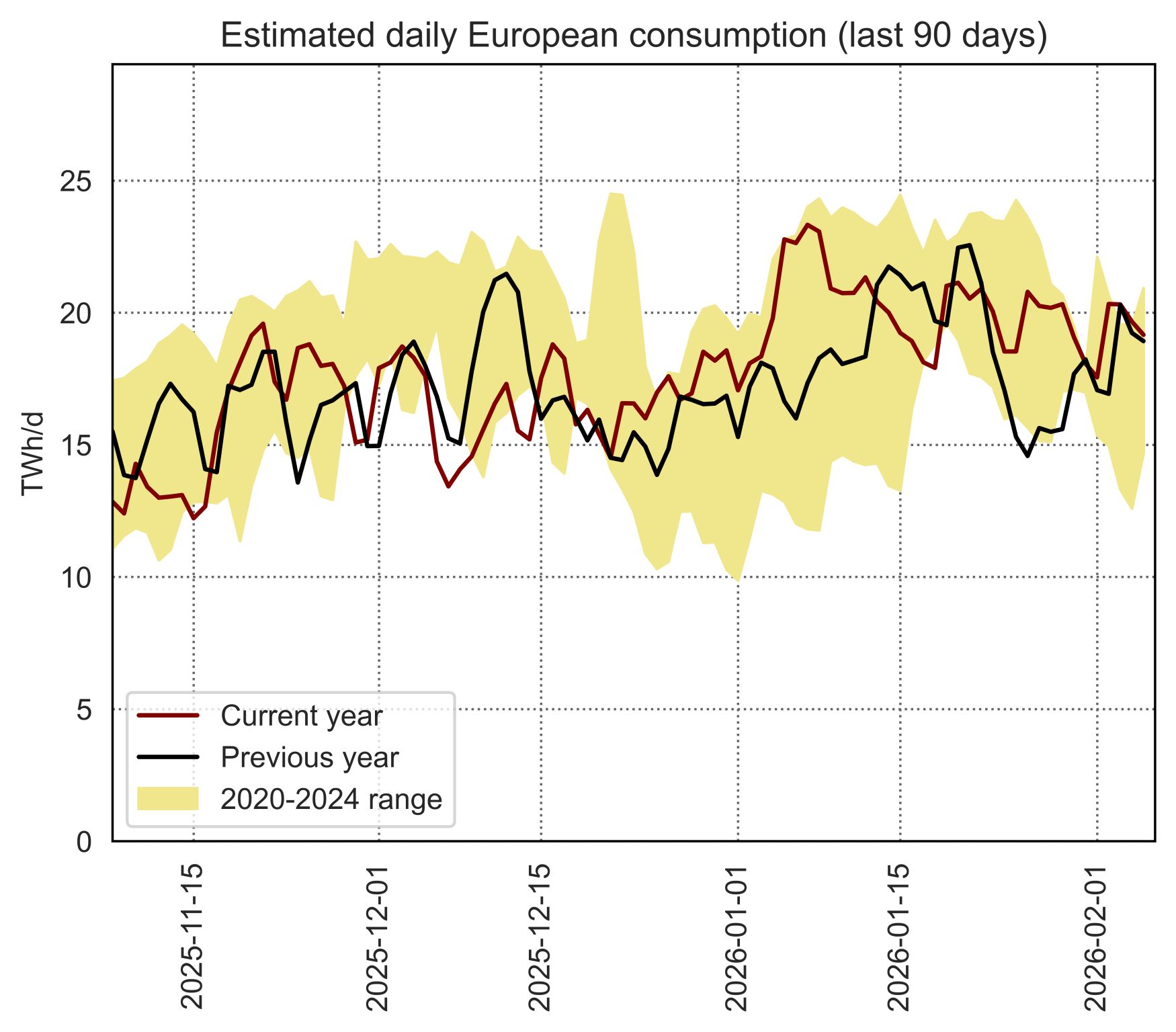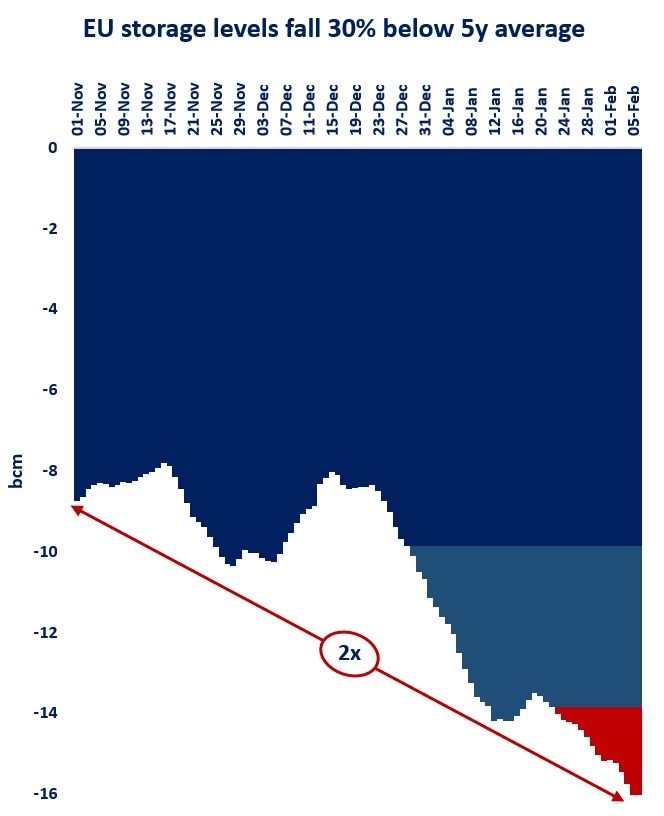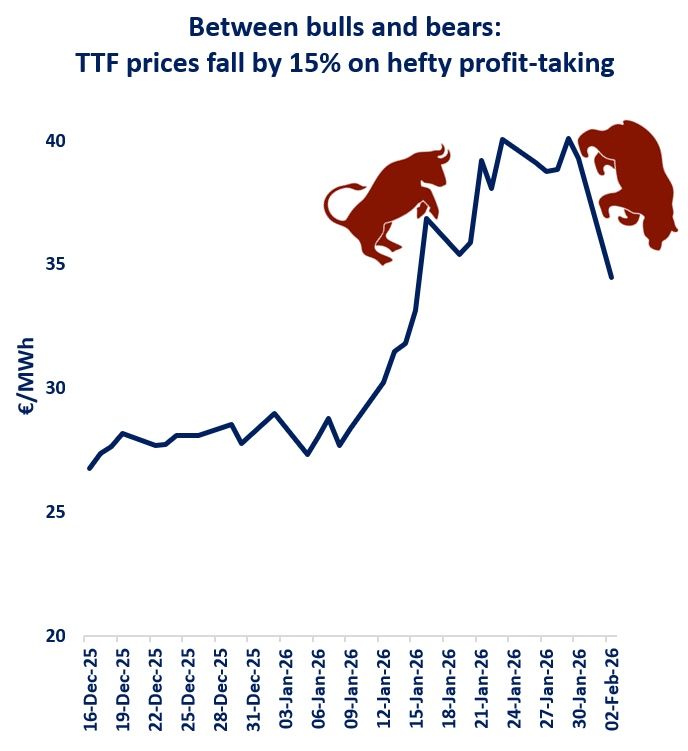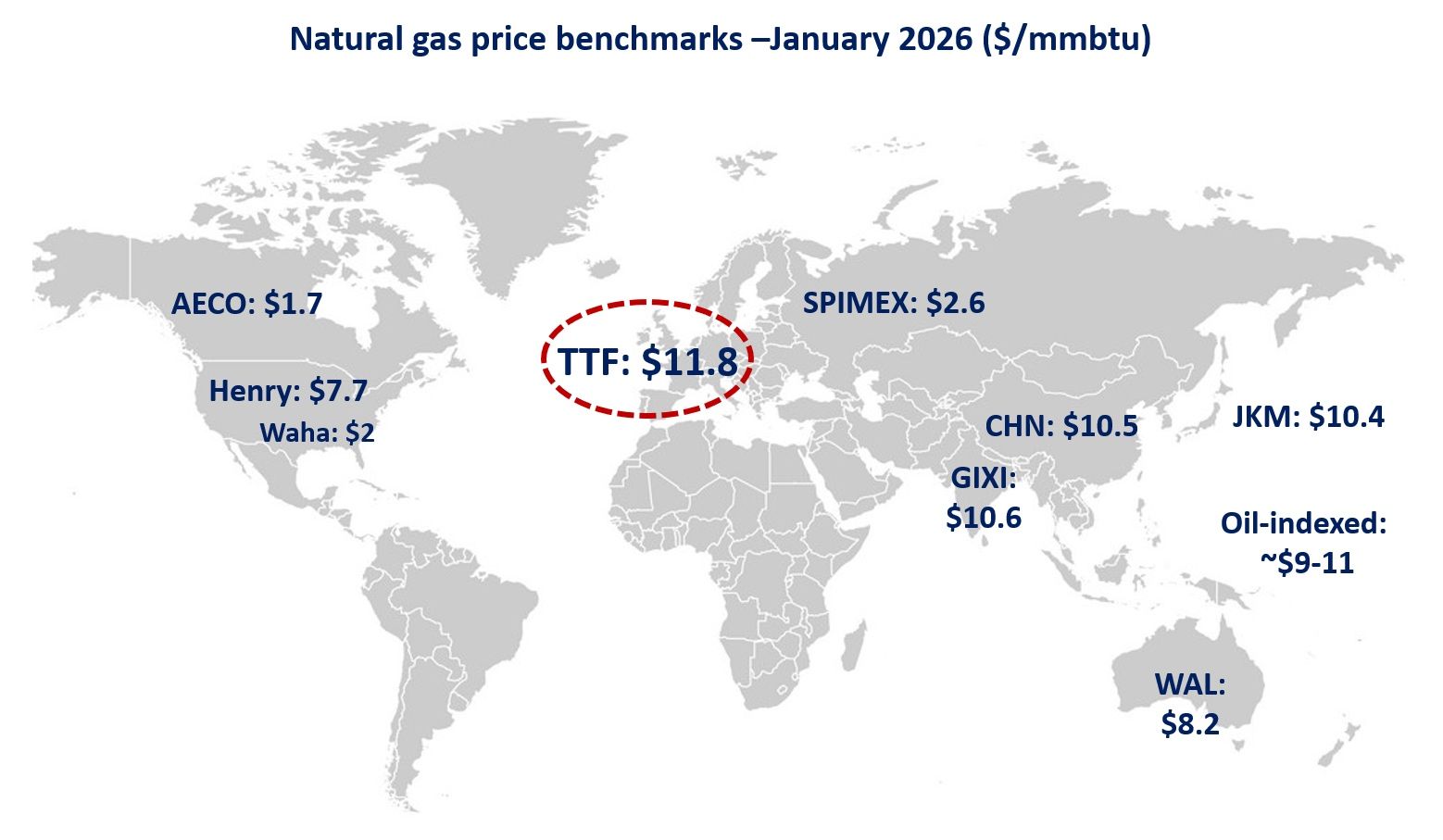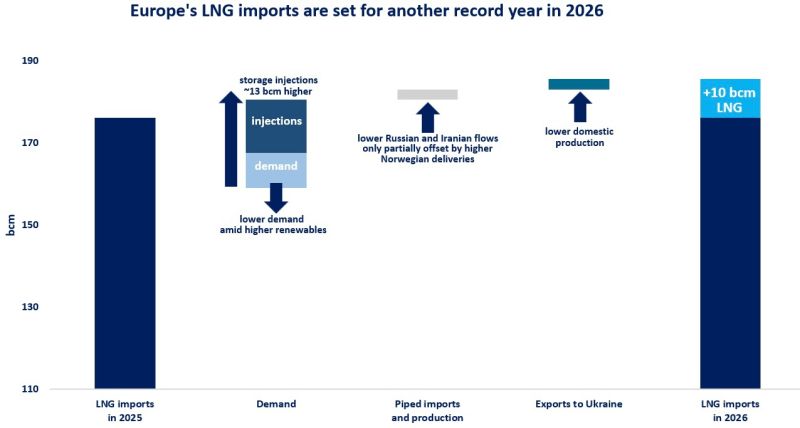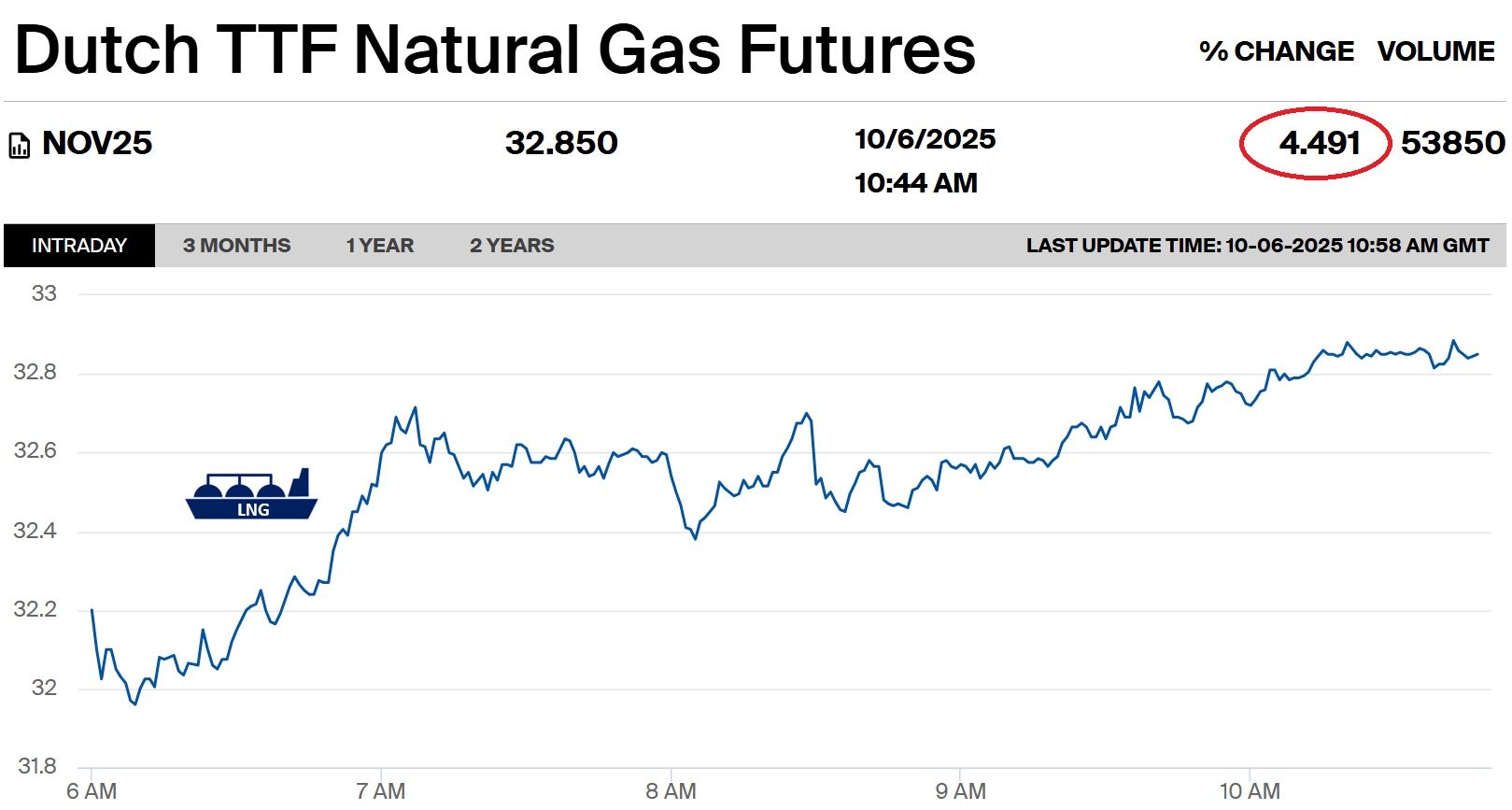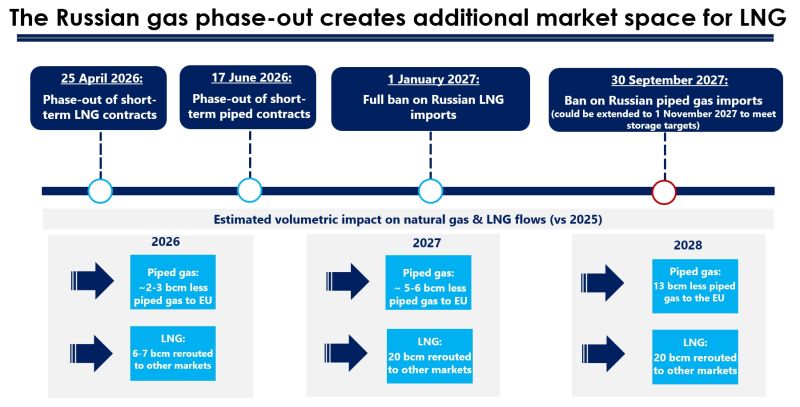

In the first two months of 2024, Egypt’s LNG exports fell by a significant 62% to 0.54 mt, marking a noteworthy decrease (-0.67 mt) compared to the previous year. Egypt recorded the biggest year-on-year drop in terms of absolute changes in global LNG exports.
This trend is not surprising: Egypt’s ability to export LNG has been curtailed by domestic gas production issues over the past years. Gas production has been decreasing since mid-2021, primarily due to unexpected water breakthrough issues at the giant Zohr gas field, which started operations in 2017 and formed the cornerstone of the country’s indigenous output.
These hurdles caused a decline in LNG exports of almost 50% to 3.42 mt in 2023, the country’s biggest year-on-year decrease, according to Cedigaz data.
Reports now suggest that Egypt has been on the lookout for extra cargoes for this summer to avoid a repeat of the blackouts and the deficit gas needed for power generation experienced in summer 2023. At the time, authorities had to ration power consumption to meet peak seasonal demand.
As evoked in one of the recent Cedigaz Insights entitled ‘East Mediterranean Natural GasMarkets-2023: in Search of Development Pathways‘, Egypt could also become a net LNG importer again.
Over the past decade, Egypt’s gas profile has been marked by fluctuations, shifting from net-exporter until 2014 to net-importer in 2015, and back to net-exporter status over 2019-2022 thanks to the start-up of the Zohr field and Israeli flows.
Source: Cedigaz

